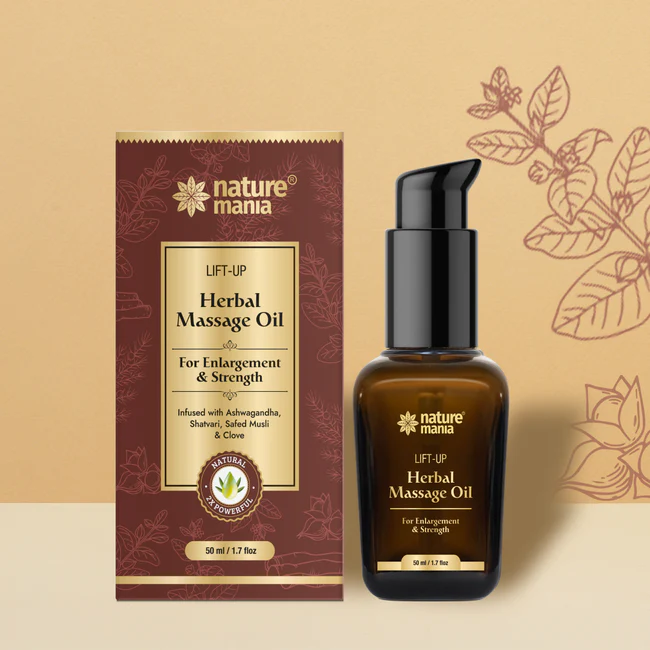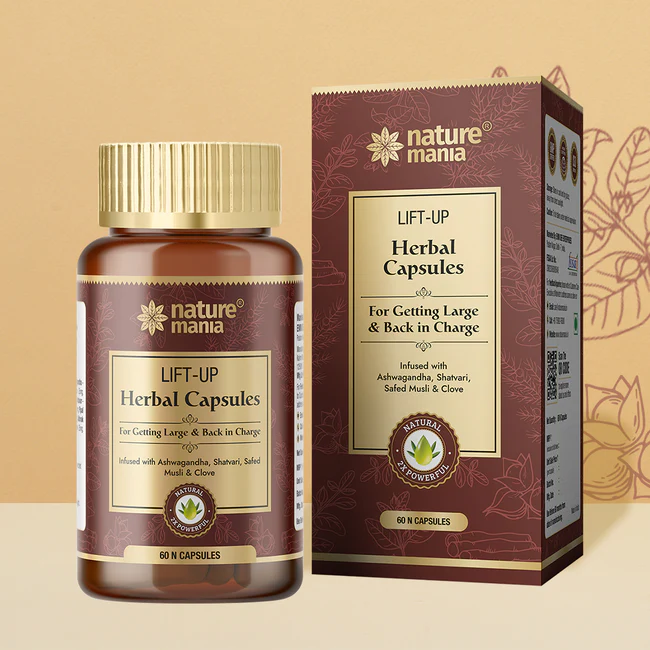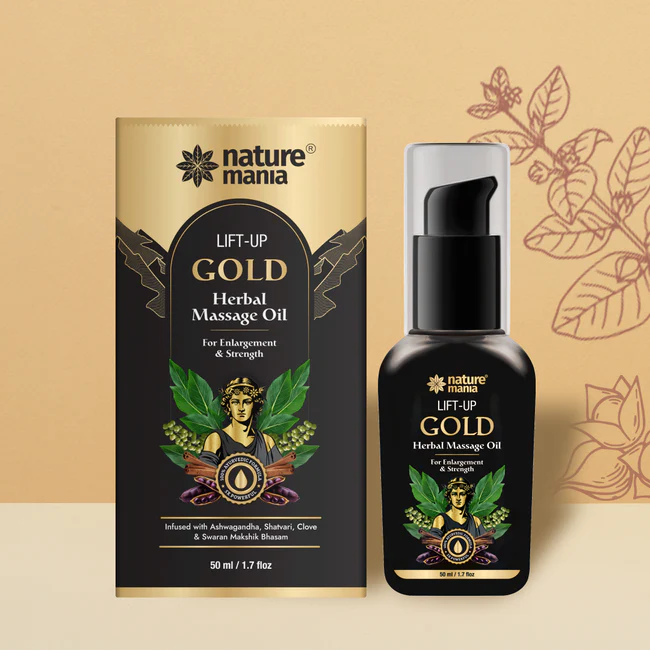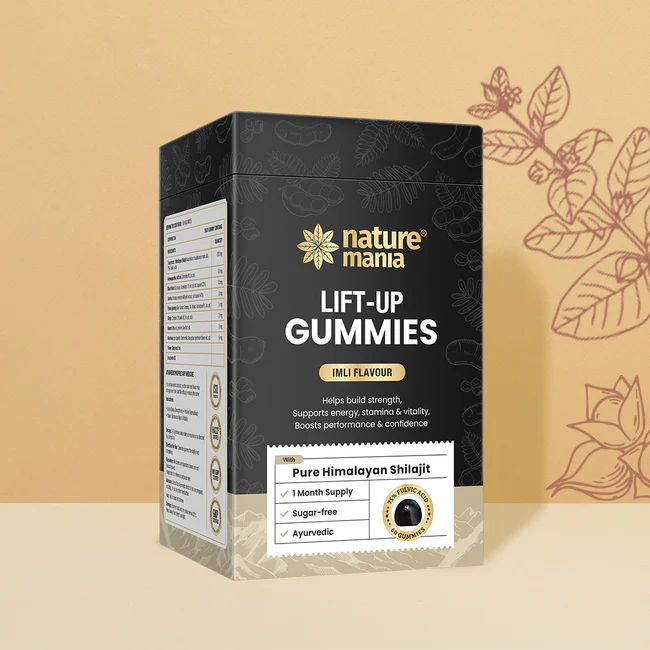Women have healthy vaginal pH which is an important aspect of health. Preferably it lies between 3.8 and 4.5, which is a little bit acidic into which the good bacteria will thrive and suppress bad microorganisms. It is a fragile balance, however; our daily routines, our diet, stress and even our soap or shampoo can cause it to go awry.
A variation of pH can make women experience the pain, smell something out of the ordinary, see unusual secretions or get sores. There is also a possibility of getting bacterial vaginosis or yeast. The good part is that vaginal ecology can be repaired and this can be performed through natural and science proven procedures referred to as vaginal rebalancing.
9 Major Steps are as Follows:
1. Clean your genitalia with cool water.
2. Never scrub with irritants, or use soap, and never dry using harsh fabrics.
3. Wear breathable-fabric cotton underwear.
4. Dry misty garments immediately.
5. Don t use scented feminine products.
6. Apply water based, light lubricant during sex.
7. Consume foods with high contents of living cultures, e.g. yogurt and kombucha.
8. Make deep breathing, mindfulness, or exercise help to reduce stress.
9. Contact a physician to continue symptoms.
1. Add Probiotic-Rich Foods to Your Diet
Good bacteria, such as Lactobacillus, that are found in probiotics, help keep the vagina’s natural acidic environment. When learning how to restore vaginal pH, including probiotic foods in your diet is one of the most effective and gentle approaches. Foods like kimchi, kefir, cabbage, and plain yoghurt can help keep your gut and vagina healthy.
Also, you could take bacteria pills made just for women. It’s best to start with probiotics that come from food because they are easier on the body. Look for ones that have types that are good for vaginal health.
2. Stay Hydrated Throughout the Day
Water aids your body to dispose of toxins. It preserves the condition of mucous membranes. With adequate consumption of water, vagina lining remains firm and natural lubricant is created.
Take a minimum of 8 glasses of water daily. Drink even more provided you do a lot of exercise or live in the warmth.
3. Stop Using Harsh Soaps and Douches
The vagina is self cleaning. No occasion to wash indoors. Scented soaps, sprays and douches destroy beneficial bacteria, as well as raises pH.
Wash the exterior (vulva) using the mild, scent free soap and water. Just leave the rest to the body.
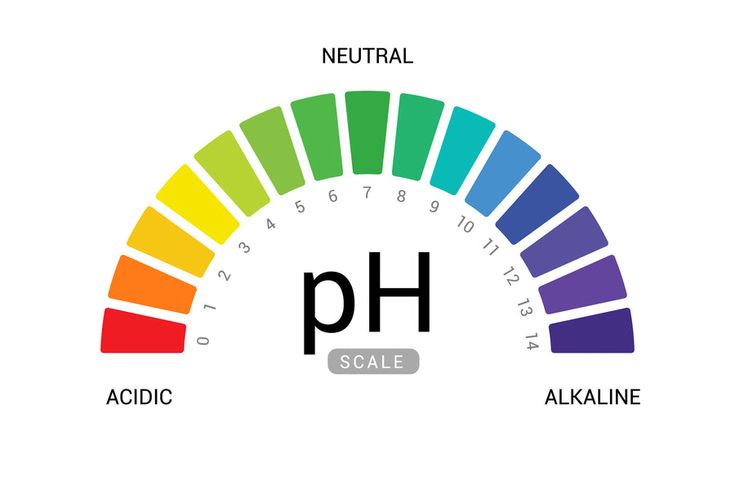
4. Choose Breathable Underwear and Avoid Tight Clothing
Synthetics, which are used to make clothes, keep moisture in and keep things warm, which helps bacteria and yeast grow. This could make things tense and upset the balance.
Wear cotton underwear, take off sweaty clothes right away, and don’t wear tight pants or leggings all day to avoid this. You could also choose to let your skin breathe by not wearing underwear some nights.
5. Practice Safer Sex Habits
The PH of the vagina can alter due to sex. Semen is alkaline so it changes the balance. Cleaning it using a condom, with a hot-wet wash after sex, and urination afterward are all ways to balance the pH and prevent the accumulation of bacteria.
Choose non-flavored, non-scented or sparsely scented lubricants. They are usually rich in chemicals which are likely to irritate your skin or disturb the PH.
6. Eat Whole Foods and Limit Sugar
Diet has an influence on your immune system and the microscopic organisms inhabiting you. Processed food, sugar, and alcohol diets can give rise to inflammations and contribute to the growth of harmful bacteria.
Instead, choose:
- Veggies are green leafy and colorful vegetables
- Antioxidant-rich fruits
- High protein and tasty fat
- Fermented and whole nutrients
Simply reducing sugar intake can reduce the chance of getting yeast infection and maintain a favorable vaginal microbiome.
7. Use Apple Cider Vinegar (ACV) Cautiously
Raw apple cider vinegar can assist your body maintain a healthy pH level of acids, but this should not be inserted directly in the vagina.
There are three safe steps to use it in case you have a desire:
- Take 1 tablespoon in a glass of water once every day.
- Pour over vinegar on salads or other food.
- Sitz bath incorporating 1 cup of ACV combined with warm water every 1 to 2 times per week.
If you feel uncomfortable or your body tells you so then quit using these methods.
8. Reduce Stress and Get Enough Sleep
When you’re stressed for a long time, it can mess up your hormones and weaken your defence system. These two things can change the pH levels in the body. When you are stressed out, it’s harder to keep things in check.
A few things you can do every day are yoga, meditation, deep breathing, and writing in a book. You can feel calmer by going for a walk in the park or spending less time in front of a screen before bed.
9. Exercise, but Stay Clean
Body movements aid in the circulation of blood and maintain the immune system. Moderate exercise (yoga, swimming, or walking) is also recommended and helps keep your microbes and hormones balanced. Once you have been sweating, have a shower and wear clean garments to maintain good skin care, as sweating in your garments may cause bacteria or yeast to proliferate.
Otherwise, sweating in your garments may cause bacteria or yeast to proliferate.
Conclusion
Maintaining a balance of your vaginal pH is not a tasking exercise. You have not required hard-hitting chemicals and large-scale change. Follow positive habits daily, keep yourself hydrated, consume healthy food, stay away from irritants, and deal with stress. Taking all these in combination assists your body to maintain their natural defense of acidity.
Natural processes are best applied when you maintain them constantly. In case you still experience itching, strange discharge and persistent infection, consult a gynecologist. Your body wants to know what to do, it is your task to help.
FAQs Section
Q 1. What is vaginal pH, and why does it matter?
Vaginal pH measures acidity; a balanced pH (around 3.8–4.5) keeps infections and irritation at bay.
Q 2. How can diet help restore pH balance?
Eating yogurt, fermented foods, and plenty of fruits and vegetables supports healthy bacteria and natural acidity.
Q 3. Can hygiene practices affect pH?
Yes, using gentle, unscented cleansers and avoiding douches helps maintain natural pH without disruption.
Q 4. Do probiotics help balance pH?
Yes, probiotic supplements or probiotic-rich foods can increase healthy bacteria and reduce harmful microbial growth.
Q 5. How does lifestyle influence vaginal pH?
Wearing breathable cotton underwear, staying hydrated, and managing stress helps preserve natural pH balance.

